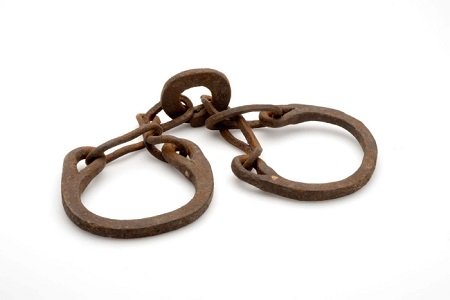“The first of August fell on a Friday, and there was to be a holiday from Thursday night until Monday. The missionaries did their duty well and completely succeeded in impressing the people with a sense of the solemnity of the occasion. It was to the Negroes their Passover night. They were all collected in their chapels—the Wesleyans keeping watch night in the chapels throughout the island. The pastors recommended to the people to receive the blessing in silence and on their knees. At the first stroke of midnight from the great cathedral bell, all fell on their knees, and nothing was heard but the slow tolling bell and some struggling sobs in the intervals. The silence lasted for a few moments after the final strokes, when a peal of awful thunder rattled through the sky, and the flash of lightening seemed to put out the lamps in the chapels. Then, the kneeling crowd sprang to their feet and gave voice to their passionate emotions—such voice as might be expected from this excitable people. Some tossed up their free arms and groaned away at once the heart’s burden of life. Families and neighbors opened their hearts to each other. Some prayed aloud, after the lead of their pastors, that they might be free indeed: and a voice was heard in thanksgiving for a real Sabbath now, when the wicked should cease from troubling, and the weary be at rest, and the voice of the oppressor should be no more heard, and the servant should be free from his master. In some of the chapels the noble spectacle was seen, of masters attending with their Negroes, and when the clock had struck, shaking hands with them and wishing them joy. The rest of the holiday was spent partly in mirth, as was right, and much of it in listening to the addresses of the missionaries, who urged them, with much force, and in utmost detail, the duties of sobriety and diligence, and harmony with their employers. On Monday morning they went to work—work that they were proud of now, as it was for wages.”
By F. E. Peters. The Abolition of Slavery, (Barbados, W.I.), Advocate Press, 1934) page 12.
